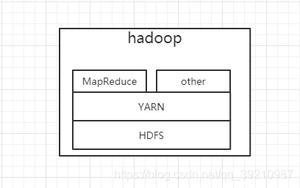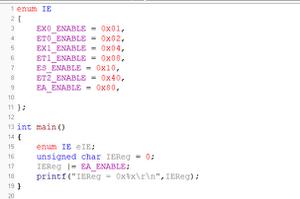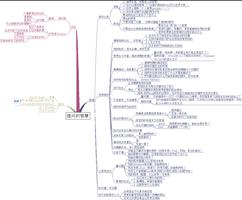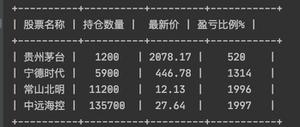Python Pandas - 选择组合的行和列的子集
要选择行和列的子集,请使用loc。使用索引运算符,即方括号并在 loc 中设置条件。
假设以下是我们在 Microsoft Excel 中打开的 CSV 文件的内容 -
首先,将 CSV 文件中的数据加载到 Pandas DataFrame 中 -
dataFrame = pd.read_csv("C:\\Users\\amit_\\Desktop\\SalesData.csv")选择组合的行和列的子集。右列显示您要显示的列,即此处的汽车列 -
dataFrame.loc[dataFrame["Units"] > 100, "Car"]
示例
以下是代码 -
import pandas as pd输出结果#将 CSV 文件中的数据加载到 Pandas DataFrame 中:
dataFrame = pd.read_csv("C:\\Users\\amit_\\Desktop\\SalesData.csv")
print("\nReading the CSV file...\n",dataFrame)
#选择行的子集
print("\nSelect cars with Units more than 100: \n",dataFrame[dataFrame["Units"] > 100])
#只显示两列
res = dataFrame[['Reg_Price','Units']];
print("\nDisplaying only two columns : \n",res)
#选择组合的行和列的子集
#右列显示您要显示的列,即此处的汽车列
res2 = dataFrame.loc[dataFrame["Units"] > 100, "Car"]
#显示子集
print("\nSubset...\n",res2)
这将产生以下输出 -
Reading the CSV file...Car Reg_Price Units
0 BMW 2500 100
1 Lexus 3500 80
2 Audi 2500 120
3 Jaguar 2000 70
4 Mustang 2500 110
Select cars with Units more than 100:
Car Reg_Price Units
2 Audi 2500 120
4 Mustang 2500 110
Displaying only two columns :
Reg_Price Units
0 2500 100
1 3500 80
2 2500 120
3 2000 70
4 2500 110
Subset...
2 Audi
4 Mustang
Name: Car, dtype: object
以上是 Python Pandas - 选择组合的行和列的子集 的全部内容, 来源链接: utcz.com/z/363190.html






